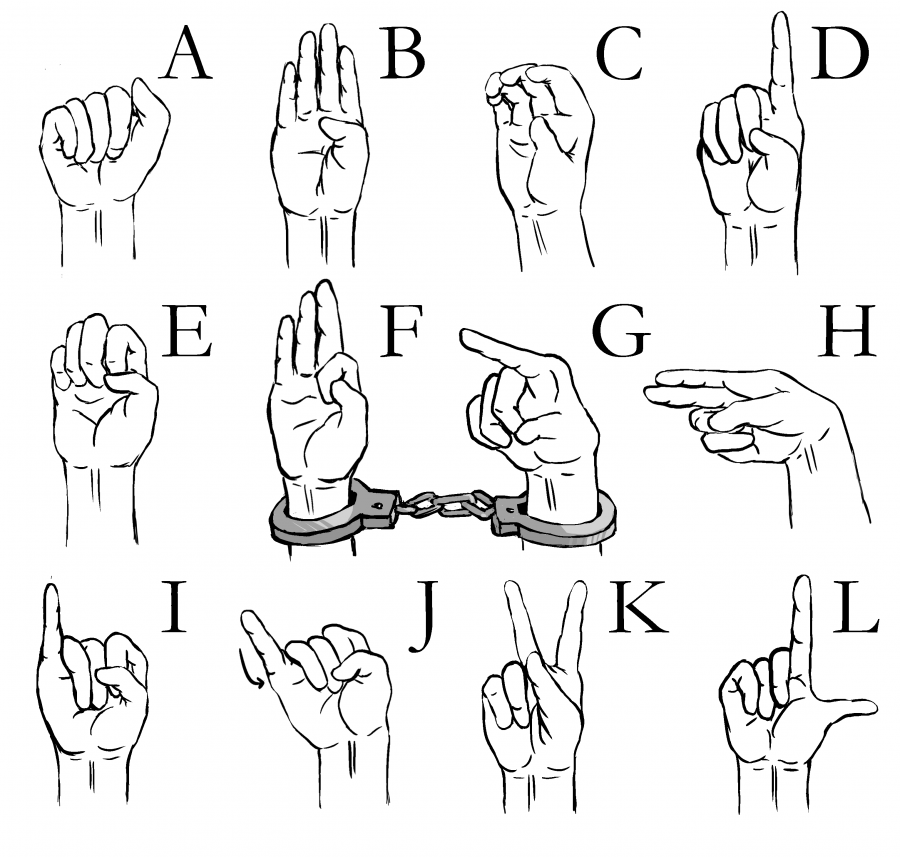The recent killing of an Oklahoma deaf man by police has brought national attention to a highly uncovered issue in the media: police killings of disabled people with communicative issues. This is a national issue that needs to be addressed, and the Austin Police Department should take necessary steps, such as proper training and policy enforcement, to avoid similar situations happening within our city.
People with disabilities rightly fear death at the hands of the police. According to a study by the Ruderman Family Foundation, up to a quarter or half of those shot and killed by police between 2013 and 2015 were disabled. This is an absurd number of deaths that could’ve been prevented. “Police forces need better practices, policies and procedures when interacting with people with disabilities so that harm … is prevented,” said Jay Ruderman, president of the Ruderman Family Foundation, which advocates for and advances the inclusion of people with disabilities throughout our society.
35-year-old Magdiel Sanchez was on his front porch when Oklahoma City Police pulled up in response to a call about a hit-and-run a few blocks away. One of the two police officers told Sanchez to put down the pipe he was holding, which one of his neighbors reported he used to ward off dogs. Sanchez came towards them with the pipe, attempting to communicate with them, but the officer fired his taser, and seconds later, another officer shot him several times. He was pronounced dead in his front yard.
As someone who is deaf, this is a terrifying reality to live in. The thought that a brief misunderstanding with the police could be all that stands between life and death for myself or any other disabled person is appalling. No one should have to die or fear death at the hands of the very people sworn to protect them because of a miscommunication related to their disability.
A 2012 report cites Austin as having 48,763 deaf or hard of hearing people living here, the second highest in population among seven selected U.S. cities. While APD is trained to handle mental health crises and have training related to hearing-impaired people, these statistics only further highlight the importance of APD being properly trained to handle situations involving disabled people who have communicative issues. APD also has policies in place regarding providing interpreters for hearing-impaired people, but — according to an investigation by the Austin Chronicle — it is rarely used and not enforced.
“With mental health, or any disability, officers have to look for signs that aren’t always obvious,” said Lauren Gleason, director of public relations and media for the National Alliance on Mental Illness. This is obvious in the case of Sanchez and many others before him, thus why specialized training is needed to prevent the unnecessary loss of lives.
If APD wants to go on to inspire and set an example for other police departments across the nation, they should train officers to communicate better with disabled people, and enforce their policies already in place.
If our police were trained and provided the tools to protect our community to the fullest extent, disabled people like myself would no longer fear death because of miscommunication. We deserve a future where we can trust police to protect us, rather than kill us.
Rose is an English sophomore from the Woodlands. He is a columnist.





















